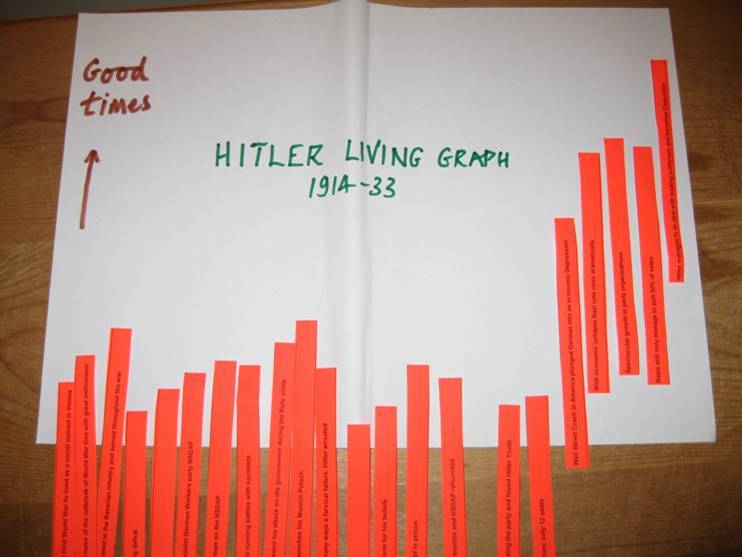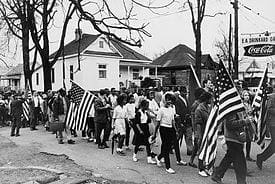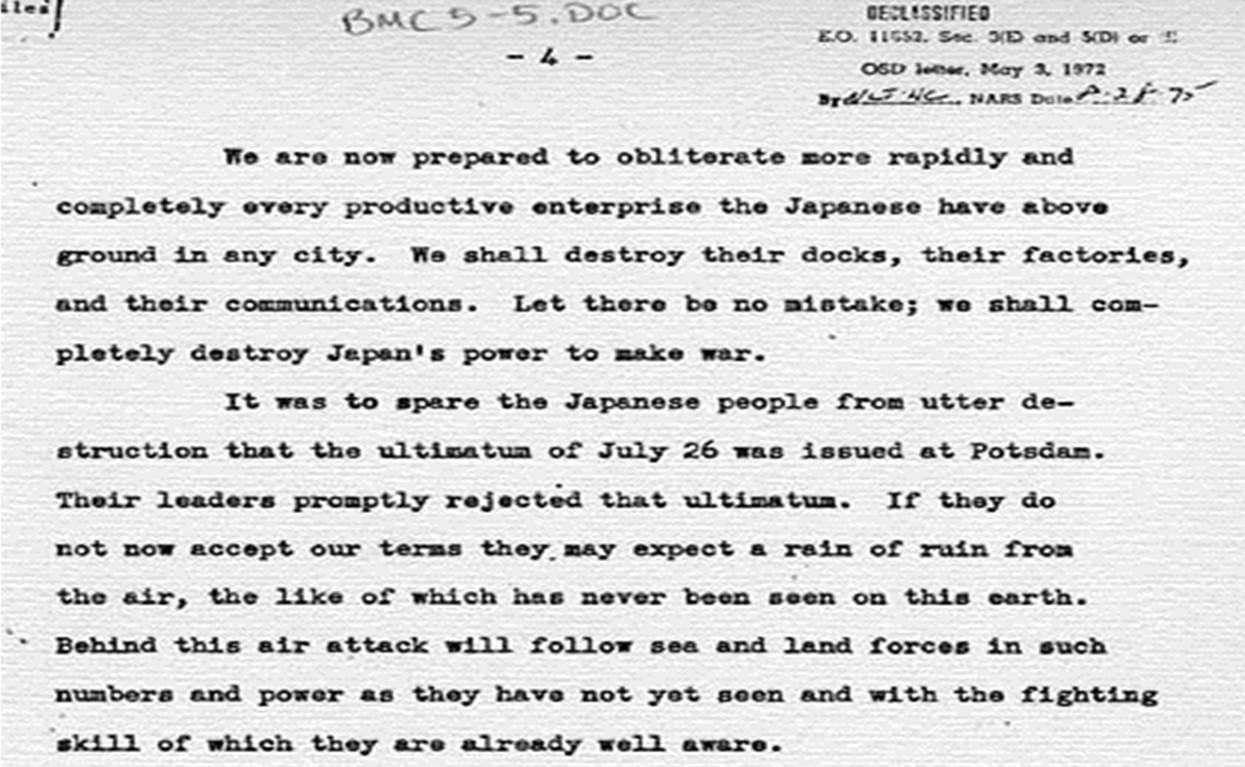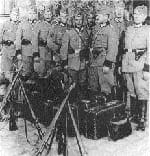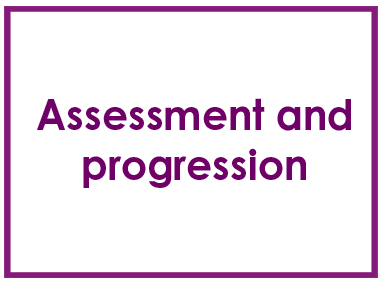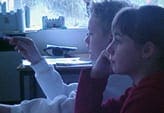
When there is so much history to study how do students know what is significant? Is everything on the National Curriculum significant? If not why is it there? Are there significant events that are not taught in schools, when other less significant events are? In any case students do not passively absorb what the National Curriculum and GCSE specifications tell them.
Rather, they filter and sift, remember and forget, add to and modify, thereby reconstructing their own personal historical understanding. But thy need help in making sense of it all. They need help working out what we mean by significant. Several models have been advanced. I’ll do no more here than lay them out before you, inviting you to take from them what you will. The other file on practical strategies shows how these could be employed in the classroom.

